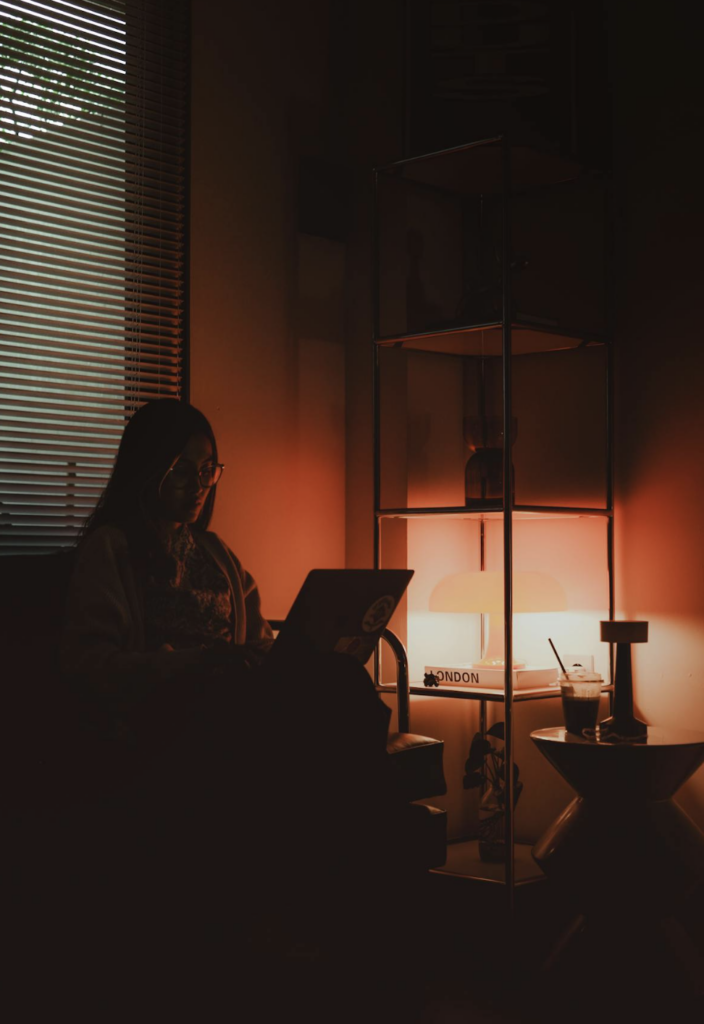Do you struggle to see clearly in dim lighting or at night? You may be experiencing night blindness (also called nyctalopia), a condition where your eyes have difficulty adjusting to low-light environments. It’s not a disease itself, but a symptom of an underlying issue—often nutritional or related to eye health. In this post, we’ll cover the common causes of night blindness, how to recognize its symptoms, and what natural remedies can help improve your night vision.
👁️ What Is Night Blindness?

Night blindness is the inability to see well in low-light or dark environments. It affects how the retina, particularly the rod cells, adapts to changes in lighting.
Key signs:
- Difficulty driving at night
- Trouble seeing in dimly lit rooms
- Slower adjustment when moving from bright to dark spaces
🧬 What Causes Night Blindness?
Several underlying conditions and deficiencies can lead to night blindness:
- Vitamin A Deficiency – Essential for the function of photoreceptor cells in the eyes.
- Cataracts – Clouding of the eye lens, common with aging.
- Glaucoma – Especially when treated with medications that reduce night vision.
- Retinitis Pigmentosa – A genetic disorder that affects the retina.
- Diabetes-Related Retinopathy – Can impair blood vessels in the eye.
💡 Note: A basic eye exam can often help identify the root cause.
🍠 Best Foods to Improve Night Vision Naturally

Boosting your diet with nutrients that support retinal health can help manage or prevent night blindness.
Top nutrients & food sources:
- Vitamin A: Sweet potatoes, carrots, spinach, beef liver
- Lutein & Zeaxanthin: Kale, eggs, corn
- Zinc: Pumpkin seeds, lentils, cashews
- Omega-3s: Salmon, walnuts, flaxseeds
💊 Natural Supplements for Night Blindness Support
In some cases, diet alone might not be enough. These supplements can support eye function and help improve low-light vision:
- Vitamin A (Retinyl Palmitate)
- Lutein + Zeaxanthin Capsules
- Zinc Gluconate
- Omega-3 Fish Oil
📌 Always consult with a healthcare provider before starting new supplements.
🌅 Lifestyle Tips to Support Eye Health
Beyond food and supplements, healthy habits can preserve and even improve your night vision:
✔ Wear protective sunglasses during the day to reduce UV damage.
✔ Limit screen time and use blue light filters in the evening.
✔ Get regular eye exams to detect early changes.
✔ Avoid smoking, which impairs circulation and damages eye tissue.
Night blindness may seem frustrating, but understanding its causes can help you take action. Whether it’s improving your diet, using targeted supplements, or protecting your eyes from further damage, small changes can make a big difference. If you suspect night blindness, talk to an eye specialist and consider adding nutrient-rich habits to your routine.
Waking Up at Night in Your 20s or 30s? Here’s Why It Happens and How to Fix It
American Academy of Ophthalmology – Night Blindness Explained
